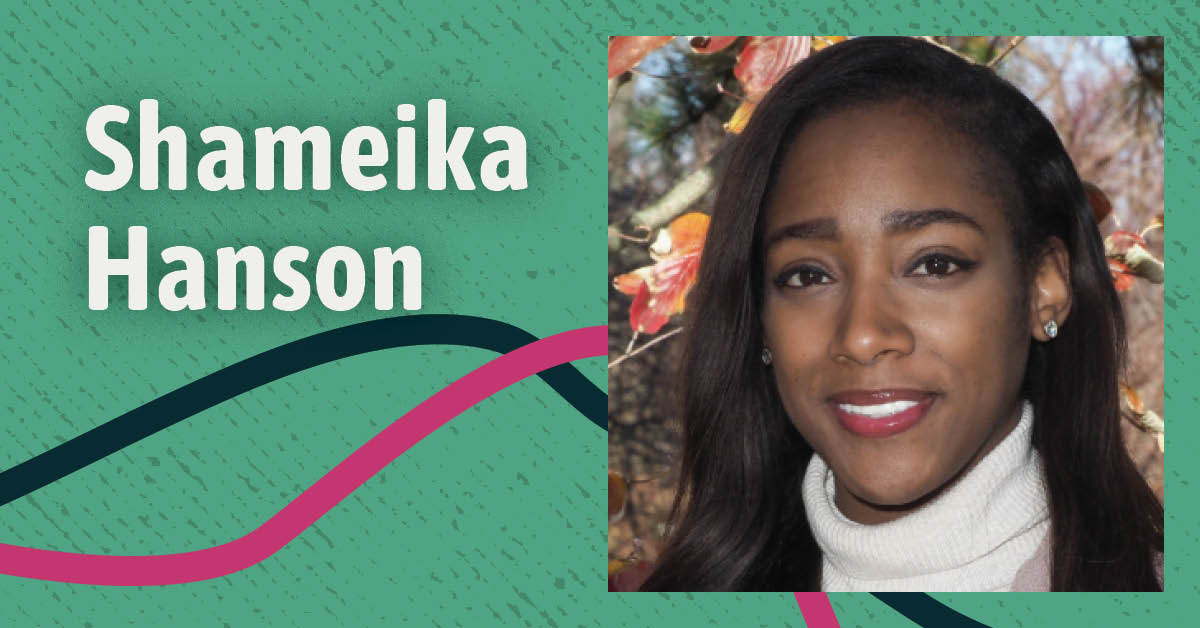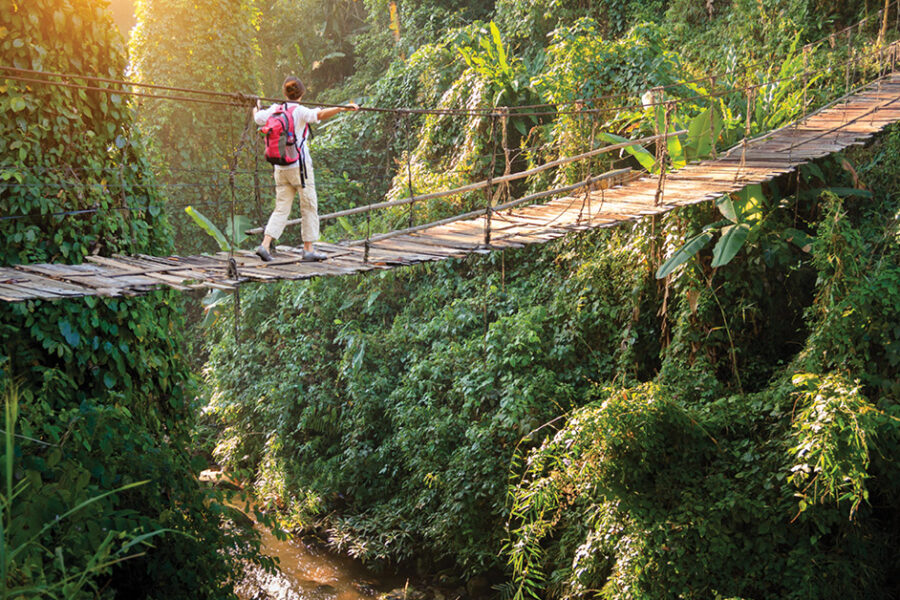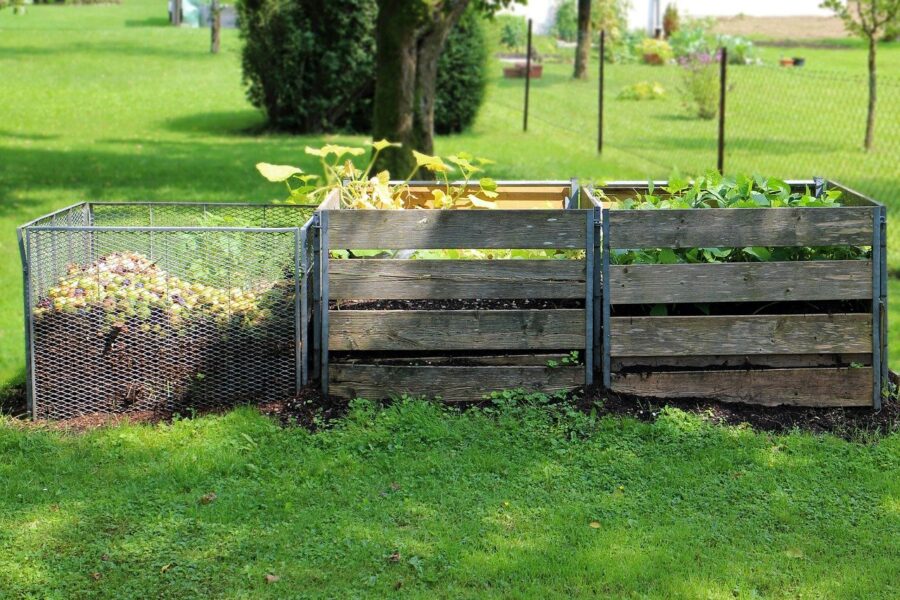(This is part of a series spotlighting and exploring the career paths of graduates of Antioch University’s School of Environmental Studies.)
Name: Shameika Hanson
Job title: Community Protection Specialist at The Nature Conservancy
Pronouns: she/her
Program: Professional Science Masters in Environmental Studies, Sustainable Development, and Climate Change, Professional Certification in Climate Resilience
Graduation year: 2020
What are you passionate about?
Put simply—helping to bring equity to climate adaptation work. As a child, I just knew I wanted to help people. I got into climate adaptation by following what I enjoyed and found interesting. That took me from community organizing into my current work as a climate adaptation specialist, managing adaptation efforts locally by working with community members and other stakeholders to engage in developing a plan that empowers and educates communities to become more resilient to the effects of climate change. Many of the communities most vulnerable to climate change and sea level rise are where they are because of historically racist practices such as redlining.
That’s also why I serve and consult in organizations such as the Long Island Progressive Coalition, the Mycelium Youth Network, and the American Society for Adaptation Professionals (ASAP). At ASAP, I sit on the Executive Board and helped to establish the Justice, Equity, Diversity, and Inclusion (JEDI) committee (https://adaptationprofessionals.org/jedi/), which strives to bring equity to adaptation on a national level.
Any words of wisdom for young women about to enter the environmental field?
Get a support team and mentors, in and out of the field. You’re going to need a career squad—I started with my professors, but that has included work supervisors, family members, and even strangers whose thought leadership I follow and find inspiration from. Some will provide career wisdom, and others might ask you the right questions to consider different perspectives.
Recognize that representation matters. I see this when I speak with students; women of color are always the first to follow up because it is meaningful to see someone who looks like them in a field that has traditionally excluded them. It’s easy to get caught up in doing your own work and keeping your head down, but if you want to see change, that involves making connections, sharing knowledge, and finding ways to live your values. Sometimes those values might not perfectly align with the mission of your organization—find ways to make it work and shape the mission of your organization for the better.
What would you like to share, based on your work, that you feel excited/proud/energized about?
Sometimes, bringing equity to climate adaptation can be less complicated than you think—it might mean making things easier rather than creating new processes that can become unintentional barriers. That’s why, when developing a strategy to fund community visioning plans for vacant flood-prone lands across New York State in my role with The Nature Conservancy, our first goal was to make the request for proposal process for funding as simple as possible. Removing what is often a confusing and lengthy application process for funding has helped voices that might have otherwise been left out of the planning processes, shape decisions being made as they relate to planning for the changing climate.
How did AU empower you to make a difference? What skills did you learn at Antioch that helped you achieve your professional goals?
Antioch University deepened my understanding of what different types of leadership look like: from courses taken to the professors I studied under, each gave me different but powerful examples of leadership. The curriculum strengthened my scientific research and writing skills tremendously and gave me opportunities to practice my facilitation and consulting skills while helping others with theirs. I learned much more about climate science and complex ecosystems through hands-on opportunities in the field.





